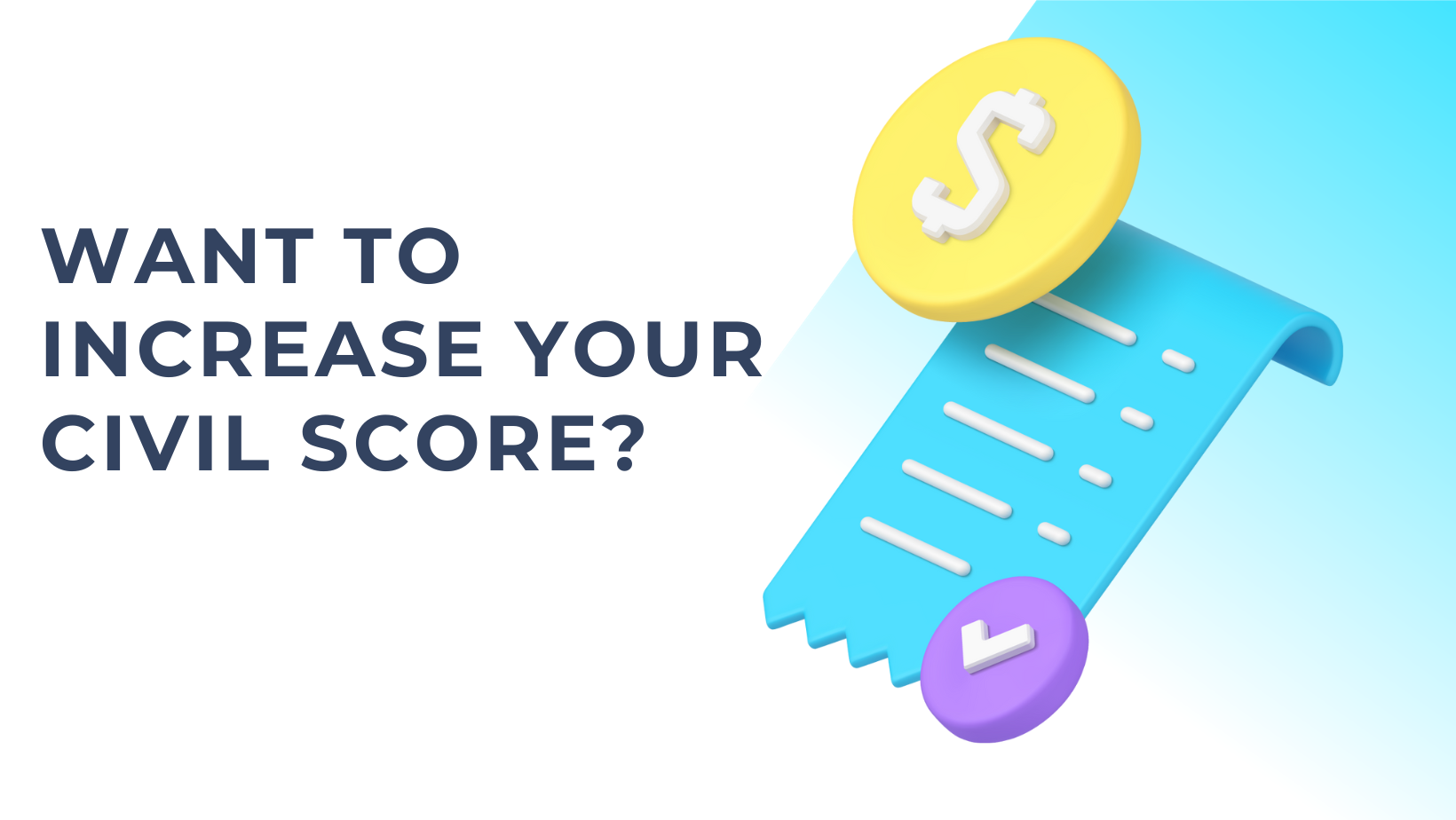Importance of Credit Score
- Loan Approval: Lenders utilize credit scores to assess the risk associated with lending money, making a higher credit score instrumental in increasing the likelihood of loan approval.
- Interest Rates: A good credit score can lead to lower interest rates on loans and credit cards, translating to significant savings over the loan’s lifespan.
- Credit Card Approvals: Credit card issuers rely on credit scores to determine eligibility for their offerings, with a higher score often translating to better credit card options.
- Renting a Home: Landlords may consider credit scores during the rental application process to gauge a tenant’s financial responsibility.
- Employment Opportunities: Some employers, especially in roles involving financial responsibilities, may check credit scores during the hiring process.
- Insurance Premiums: Insurance companies may use credit scores to determine premiums for auto and homeowners insurance.
- Utilities and Cell Phone Plans: A good credit score may be required or can result in better terms when setting up utilities or acquiring a cell phone plan.
Strategies to Achieve an 800 Credit Score
Payment History (35%):
a. Set Up Automatic Payments: Ensure timely bill payments by setting up automatic payments to eliminate the risk of forgetting due dates and incurring late fees.
b. Create Payment Reminders: For bills where automatic payments are not feasible, set up reminders on your phone or use financial apps to stay informed about upcoming due dates.
c. Negotiate Late Payments: If you’ve encountered occasional late payments, consider negotiating with creditors to remove or adjust them, as some creditors may offer goodwill adjustments.
Credit Utilization (30%):
a. Pay Balances in Full: Aim to pay credit card balances in full each month to maintain a low credit utilization ratio.
b. Increase Credit Limits: Requesting a higher credit limit can decrease your credit utilization ratio, provided your spending habits remain controlled.
c. Use Multiple Credit Cards: Distribute spending across multiple credit cards to keep individual credit utilization ratios low.
Length of Credit History (15%):
a. Keep Old Accounts Open: Closing old credit accounts can shorten your credit history, so it’s advisable to keep older accounts open, even if not used regularly.
b. Become an Authorized User: If possible, become an authorized user on a family member’s or friend’s established credit card to positively impact your credit history.
Types of Credit in Use (10%):
a. Diversify Credit Types: Aim for a healthy mix of credit types over time, including credit cards, installment loans, and mortgages, without opening new accounts solely for diversity.
New Credit (10%):
a. Space Out Credit Applications: Avoid applying for multiple lines of credit within a short period to minimize the impact on your credit score.
b. Be Selective: Apply for credit only when necessary to mitigate the slight decrease in your score associated with each hard inquiry.
FAQS
How often does my credit score change?
Changes in your credit score occur when new information is reported to credit bureaus, often on a monthly basis as creditors update account data. Significant financial activities, like opening new credit accounts or making substantial purchases, may prompt more immediate alterations.
How long does negative information stay on my credit report?
Negative information, like late payments, bankruptcies, or foreclosures, typically remains on your credit report for seven to ten years, contingent on the specific type of information.
Can I still get a loan with a low credit score?
While obtaining a loan with a low credit score can be challenging, some lenders specialize in offering loans to individuals with lower credit scores. However, such loans often come with less favorable terms and higher interest rates.
Does checking my credit score affect it?
No, checking your own credit score constitutes a soft inquiry and does not impact your score. Only hard inquiries, conducted by lenders during a loan application, may have a minor, temporary effect on your credit score.
Conclusion
Achieving an 800 credit score demands patience, discipline, and a commitment to responsible financial habits. Understanding the factors influencing credit scores and implementing the actionable tips provided in this guide can pave the way toward this financial milestone. Building and maintaining excellent credit is a long-term endeavor, and the habits cultivated today will shape a secure financial future. Stay informed about changes in your credit report, refine your financial habits, and celebrate the milestones along the way. Your journey to an 800 credit score is a testament to your financial responsibility and a foundation for a stable financial future.




